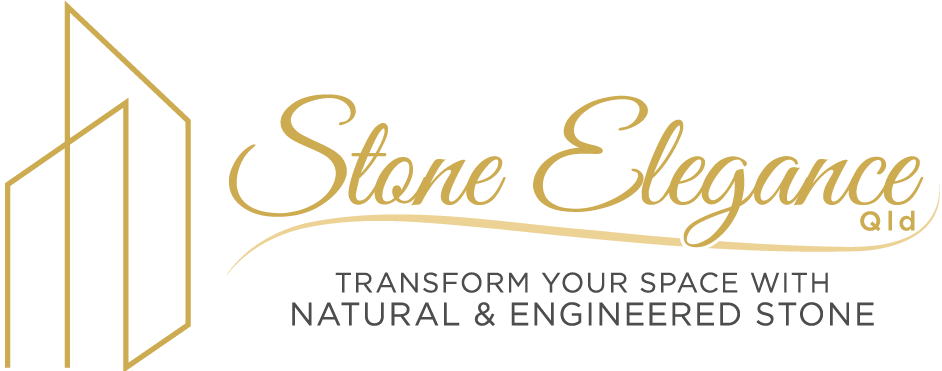
When it comes to selecting the ideal material for your countertops, flooring, or other surfaces, you’re often presented with a fundamental choice: engineered stone or natural stone. Each option offers its own set of advantages and disadvantages, catering to different preferences and needs.
In this article, we’ll explore the pros and cons of both engineered stone and natural stone to help you make an informed decision.
Engineered Stone: Pros
Durability: Engineered stone, often composed of quartz and resin, is engineered to be extremely durable. It’s resistant to scratches, stains, and chipping, making it an excellent choice for high-traffic areas like kitchens.
Consistency: Engineered stone boasts uniformity in colour and pattern, which can be advantageous when you desire a consistent look throughout your space. It’s available in a wide range of colours and styles to suit various design preferences.
Low Maintenance: Engineered stone surfaces are non-porous, making them resistant to bacteria and easy to clean. You typically need only mild soap and water for routine maintenance.
Stain Resistance: Engineered stone is less prone to staining from common household items like wine, coffee, and oils compared to natural stone.
Engineered Stone: Cons
Limited Heat Resistance: While engineered stone is durable, it’s not as heat-resistant as natural stone. Placing hot pots or pans directly on the surface can cause damage.
Cost: Engineered stone, while often more affordable than high-end natural stone, can still be relatively expensive compared to other countertop materials.
Appearance: While engineered stone can replicate the look of natural stone, some homeowners prefer the unique and varied patterns found in natural stone.
Natural Stone: Pros
Timeless Beauty: Natural stone, such as granite and marble, exudes a timeless beauty that can elevate the aesthetics of any space. The unique patterns and colors in natural stone are often unmatched.
Heat Resistance: Natural stone is exceptionally heat-resistant, making it an ideal choice for kitchen countertops where hot pots and pans are common.
Increased Home Value: Natural stone is considered a premium material, and its presence in your home can enhance its resale value.
Longevity: With proper care and maintenance, natural stone surfaces can last a lifetime, showcasing their investment value.
Natural Stone: Cons
Maintenance: Natural stone requires regular sealing to maintain its stain resistance. It’s also more porous than engineered stone, making it susceptible to staining if not properly maintained.
Variability: While some appreciate the uniqueness of natural stone, others may find its natural variations less appealing.
Cost: Natural stone, especially high-end varieties like marble, can be quite expensive to purchase and install.
Fragility: Natural stone can be more susceptible to chipping and cracking, especially along edges and corners.
The choice between engineered stone and natural stone ultimately depends on your priorities and preferences. Engineered stone excels in terms of durability, consistency, and low maintenance, while natural stone boasts timeless beauty and increased home value. Consider your budget, lifestyle, and design vision when making your decision, and you’ll find the ideal surface material for your project.
Our team is here to assist and inspire, contact us today about our range of engineered and natural stone choices.
